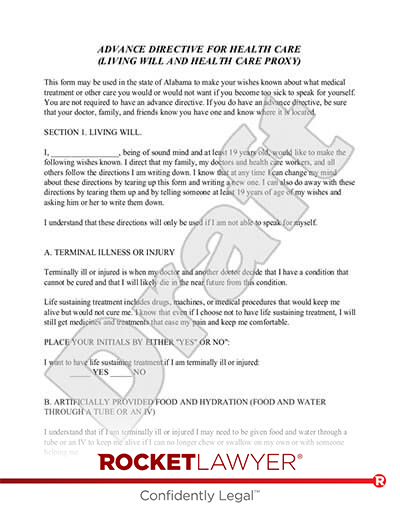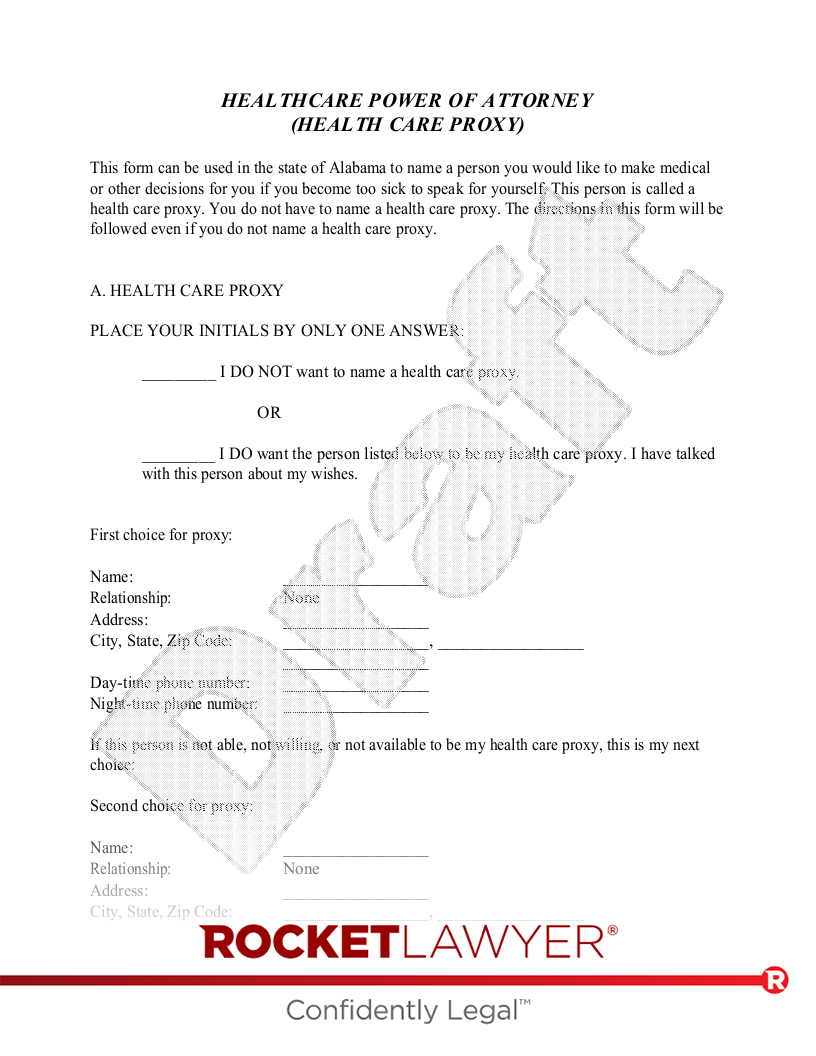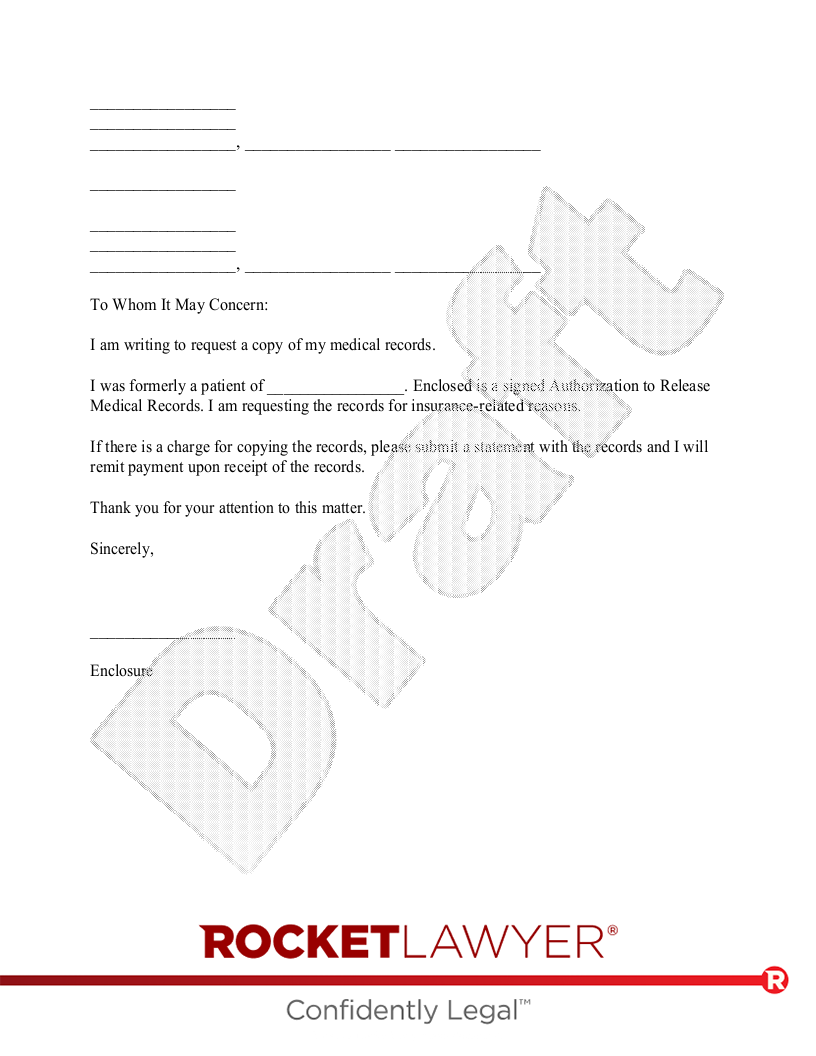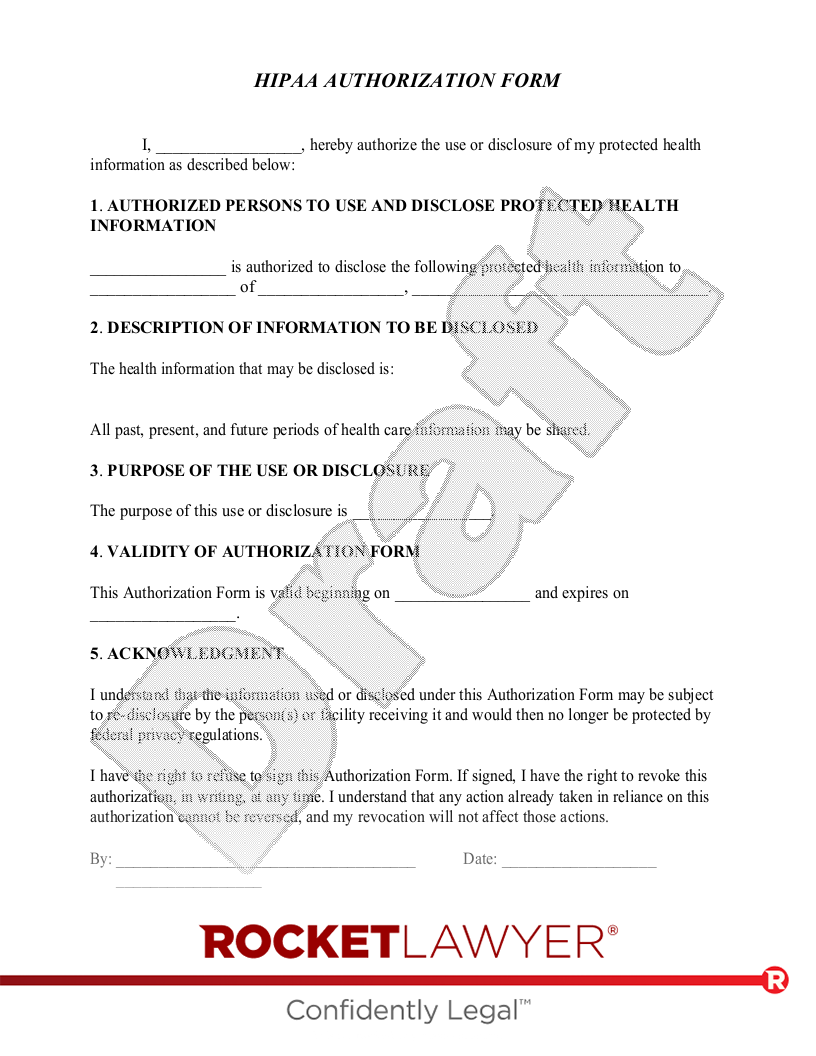Health and medical
Your wellbeing is important. Let us help you navigate healthcare.
- Silvia F.
- Rocket Lawyer member since 2016
Ask us anything legal.
Get instant Al insights with Rocket Copilot or talk to a Legal Pro.

Need a legal answer? Choose your path
Try Rocket Copilot (Beta) for instant answers!
Need more personalized guidance? Ask your questions, and our Legal Pros will respond within 1 business day.
Legal guides
-
- Service and Emotional Support Animals: Laws and Rights
- 4 min read
-
- Can I Require Vaccinations for Guests Entering My Home?
- 2 min read
-
- Guide to Abortion Rights After Dobbs v. Jackson Women's Health
- 7 min read
-
- Preparing Young Adults for the Legal Realities of Life
- 3 min read
-
- How To Protect Against Race and Gender Healthcare Bias
- 3 min read
-
- Achieving the Birth Experience You Want: Planning Tips
- 3 min read



